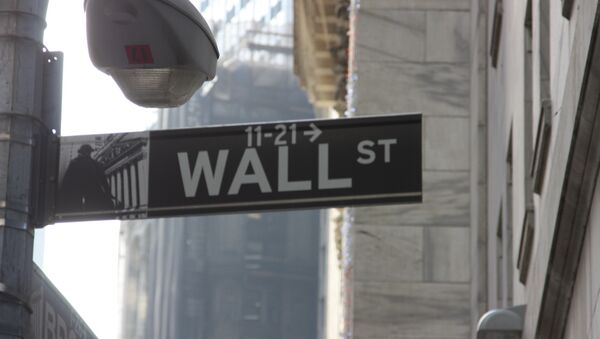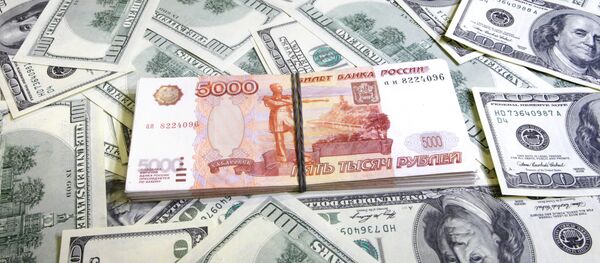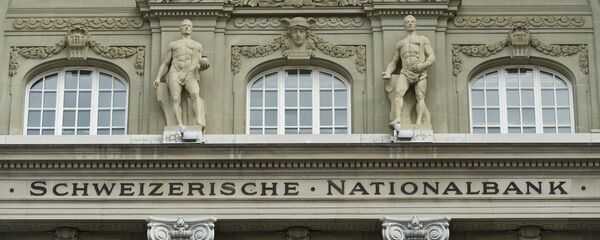The MSCI Asia Pacific Index (sans Japan) surged 1.8% today after yesterday’s advance of 0.7% with shares in Shanghai trading at their highest in four years. The reason for investor optimism is the price of crude, possibly ending its recent extended fall and settling at $60/bbl. However, oil is still under pressure as China’s manufacturing data remains weak and global growth is ever slowing. Lower fuel costs, on the other hand, have contributed to rising consumer purchasing power in several nations.
In Japan, Nikkei rose 2.39%, recovering from recent losses, and Australia’s S&P/ASX 200 surged 2.45%, driven by an advance in the banking sector, according to Bloomberg data. Japan’s Topix Index rose 2.4% on the weaker yen, trading at its one-week low, thus stimulating exporters and manufacturing. New Zealand’s NAX 50 added 0.2% and Korea’s Kospi rose 1.6%, ending its losing streak of the past several days.
"Risk sentiment is ending the week on a stronger footing after a poor start," Barclays’ analytical report reads, as quoted by Business Insider. "Market expectations for ECB QE add to the Fed's upbeat message on U.S. growth and stabilization in Russia."
The European Central Bank (ECB) is anticipated to boost its bond purchasing and other unconventional policies, known as "quantitative easing" (QE) early in 2015, which will most likely push the Eurozone’s manufacturing up together with energy prices. Europe is entering the holidays season bearing optimistic sentiments; Asian news suggest that Europe will open today at 0.6-0.7% in the green zone.
The US Federal Reserve said in a statement on December 17 that it will "maintain the 0 to 1/4 percent target range for the federal funds rate for a considerable time following the end of its asset purchase program in October, especially if projected inflation continues to run below the Committee's 2 percent longer-run goal". The Swiss National Bank (SNB) announced yesterday it would trim its interest rate to negative in January. This all means that monetary regulators worldwide will not implement policy tightening soon; money is still cheap, supporting growth and, consequently, providing market optimism. Risks are low in the markets at this point, and buying sentiments is prevalent. However, a possible improvement in macroeconomic figures early next year may trigger a sell-off in assets globally as it will be taken as a signal for potential monetary tightening.
Vis-à-vis commodities prices, gold is flat at $1,199.40, 2% down this week. WTI crude prices rose to $54.84/bbl, a 44% slump this year. Brent crude rose 0.6% to $59.62 in London’s trading.






